Brighter future: Numerous studies suggest that college life most often leads to more holistic individuals. – 123rf.com
Benefits of pursuing tertiary studies far outweigh upsides of being a gig worker
THE last couple of weeks had been a rather busy period for many universities and colleges which had their open days where they showcased their courses.
While most education fairs witnessed a fair share of visitors, the decline in the number of students completing their Sijil Pelajaran Malaysia (SPM), and the issues surrounding this, has caught the media’s attention.
In 2022, for instance, 3.8% or 14,858 of first-time SPM candidates were absent for at least six subjects. In 2021, the figure was close to 10,700 students.
In another report, a staggering 72.1% of SPM graduates surveyed revealed that they had no intention of pursuing a higher qualification. The same report also purported that Malaysia is not alone in witnessing this trend. In the United Kingdom, for example, only a third of school-leavers feel that obtaining a university qualification is vital.
Naturally, the following questions warrant answers: Why aren’t all qualified school-leavers excited to continue their studies? Where are they in the economy if they do not? Is obtaining a higher education qualification still vital given the massive role technology plays in our lives?
Reports by various commentators suggest that three possible reasons explain this trend.
Firstly, this may have to do with the prevalence and growth of the gig economy. Malaysia Digital Economy Corporation (MDEC), in a published report, projected that the Malaysian gig economy would grow to a minimum of RM650mil in 2025, largely due to the growth and development of local platforms.
The growth in the gig sector seems to be in tandem with the number of school-leavers in search of gig jobs.
Research suggests that gig workers can earn anything between RM2,500 and RM5,000 per month, with some claiming to even exceed RM6,000 per month.
One could argue that gig jobs seem more lucrative relative to the median salary of RM2,062 as per the Department of Statistics Malaysia (DOSM) reports in 2020.
In essence, the allure of gig money seems to be driving segments of school-leavers away from pursuing higher education.
The temptation of becoming a professional social media influencer could be another factor.
The ubiquitous nature of the Internet, coupled with the ease of using social media platforms to create content, is seen by some to be an alternative to higher education.
A third reason could be the belief that a higher education qualification may not necessarily guarantee better employment prospects.
While these are fair and logical arguments, there are many points in favour of having a higher education qualification. Let’s examine some of them.
Issues with gig jobs
A gig worker is someone who works based on freelance contracts, usually short-term, in contrast to a longer-term fixed-salary position with an organisation.
Various industries hire gig workers, and these include the information technology, administrative, and creative sectors.
However, close to 72% of surveyed SPM school-leavers in Malaysia expressed interest to work in either the e-hailing or social media influencer sector of the gig economy.
The short-term benefits of working in such positions in the gig sector include flexible work hours, a low level of commitment expected from employers, and opportunities for working anywhere, anytime.
However, the main challenge of gig workers, particularly in the e-hailing sector, is the lack of a safety net. Typically, gig workers are not entitled to perks such as healthcare and retirement benefits.
In Singapore, Grab recently announced laying off 1,000 employees to remain competitive.
When companies in the gig sector decide to slash payrolls, gig workers are often to be first at risk.
In sum, while the allure of short-term gain is there, securing long-term and more sustainable employment, with a better safety net, may require higher education qualification.
Personal development
Numerous studies suggest that college life most often leads to more holistic individuals.
According to a recent study by the Utah State University in the United States, the major benefits of a college education include producing individuals who are more mature, confident and have a stronger sense of self.
This report also suggests that individuals with higher qualifications tend to have higher ethical and moral standards.
A three-to-four-year college process and activities allow individuals to work in teams and with people from different cultural backgrounds, thus allowing them to make more balanced, reasoned, and generally unbiased judgements.
Some studies also state that a college education often leads to individuals who are more disciplined and professional in nature.
Networking opportunities
Larry Page and Sergey Brin, the founders of Google, met while pursuing a doctoral degree in computer science at Stanford University in the US.
A major benefit of pursuing tertiary education in this context is the vast networking opportunities that it offers.
Many successful companies have been founded based on the strong bond individuals built and developed as they ventured on the college journey together.
Although there are successful entrepreneurs who never finished college, the numbers who do, and start something after that, are significant.
Simply put, higher education is not about the pursuit of knowledge alone, but should be viewed through the lens of opportunities that it has to offer by connecting people. This is something that short-term monetary gains can never buy!
Keeping it relevant
To ensure young adults are lured into the mainstream higher education pathway, colleges and universities have a major role to play.
Firstly, these institutions must ensure that the programmes they offer are in line with what industries require.
Stated differently, the onus is on these institutions to produce highly employable graduates. This means continuous improvement to the curriculum, and taking input from industry players, is a must across all disciplines.
Programmes related to computing, technology, and engineering must be developed with future industry trends in mind. For example, in the tech sector, jobs such as prompt engineers, full-stack developers, blockchain developers, and cybersecurity experts are set to command higher salaries.
Institutions that offer such programmes will be sought after and thus remain relevant in the long run – and perhaps attract teenagers who may otherwise opt out and become part of the gig sector.
My son, a budding musician who wants to make it big and seek a career in the digital music industry, assured me that despite his deep interest in music, he will pursue a college degree as a backup. For a conservative and somewhat traditional family, this is reassuring indeed.
One may play a part in the gig sector. Nevertheless, do consider the long-term benefits of having a higher education qualification. Just in case.
Prof Dr Murali Raman is the deputy vice-chancellor (Academic Development & Strategy) overseeing postgraduate and continuous education at Asia Pacific University of Technology & Innovation (APU). Focused on executive training and consultancy, his niche training areas include design thinking, coloured brain communication and emotional drivers, digital economy, crafting digital strategies, and mindset change. The views expressed here are the writer’s own.
Protection, aid for gig workers
Gig economy commission to improve welfare of workers ...
In support for better protection for Gig workers
https://www.nst.com.my/opinion/letters/2023/06/922968/support-better-protection-gig-workers















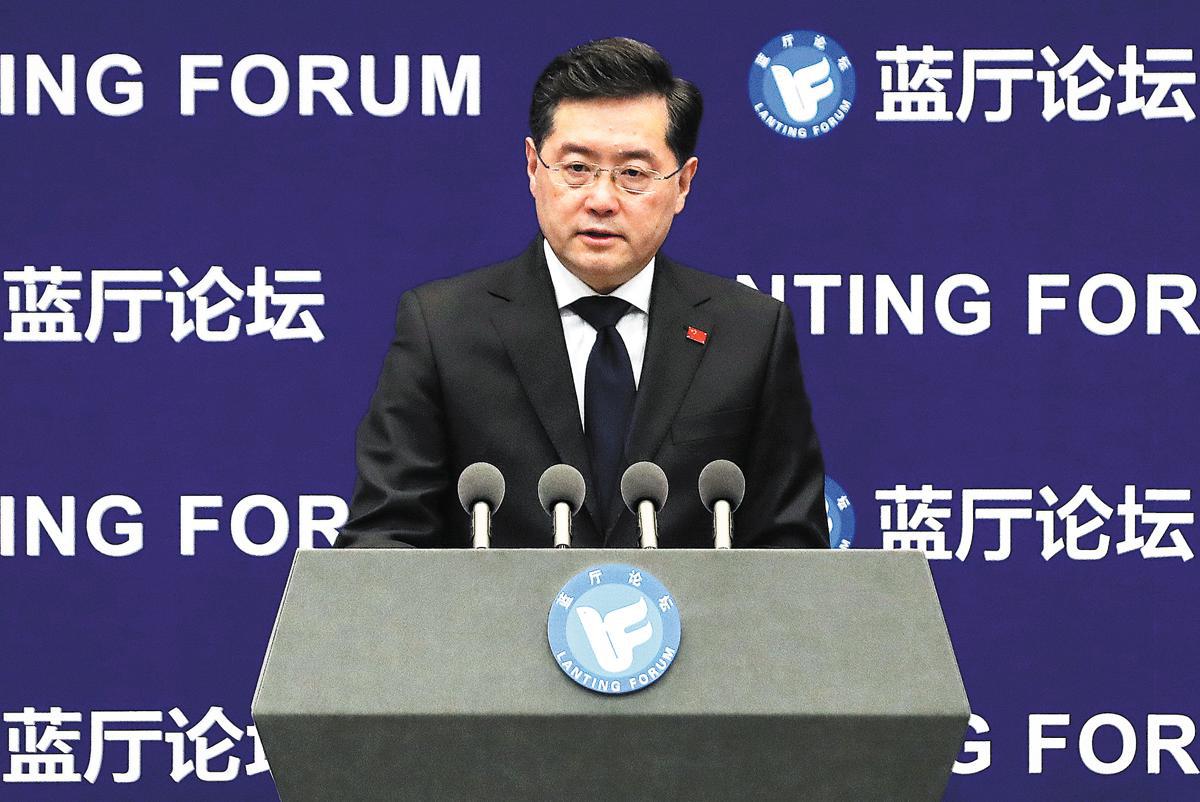
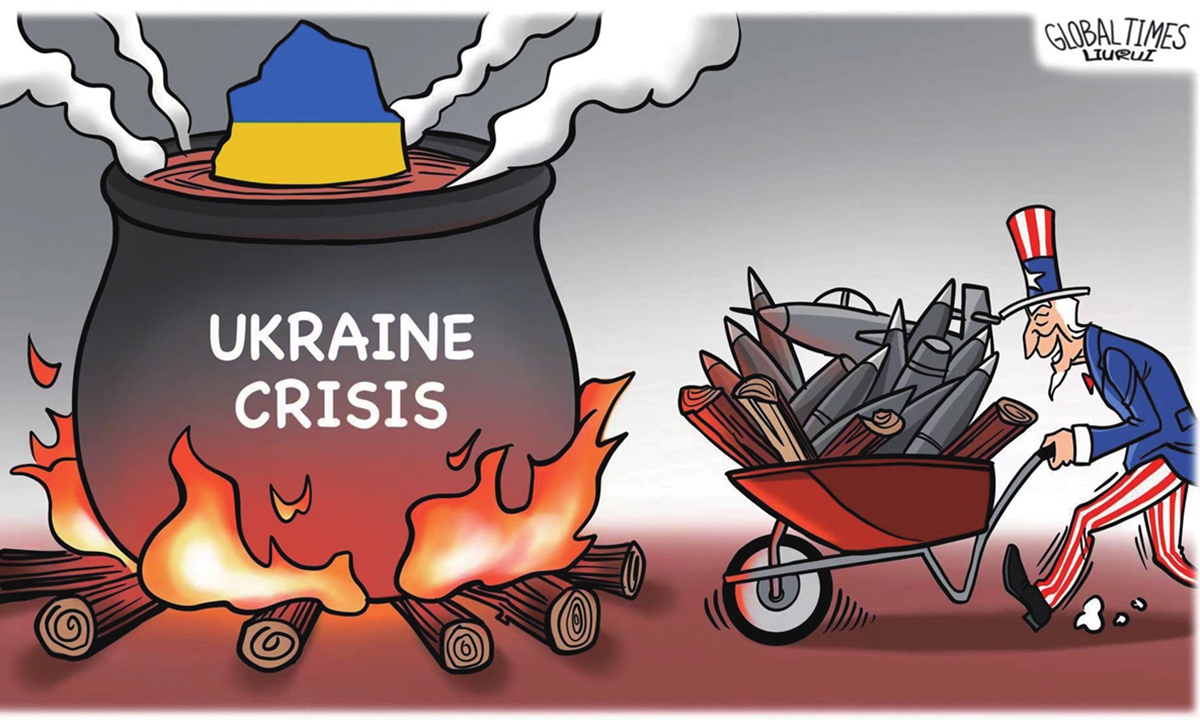
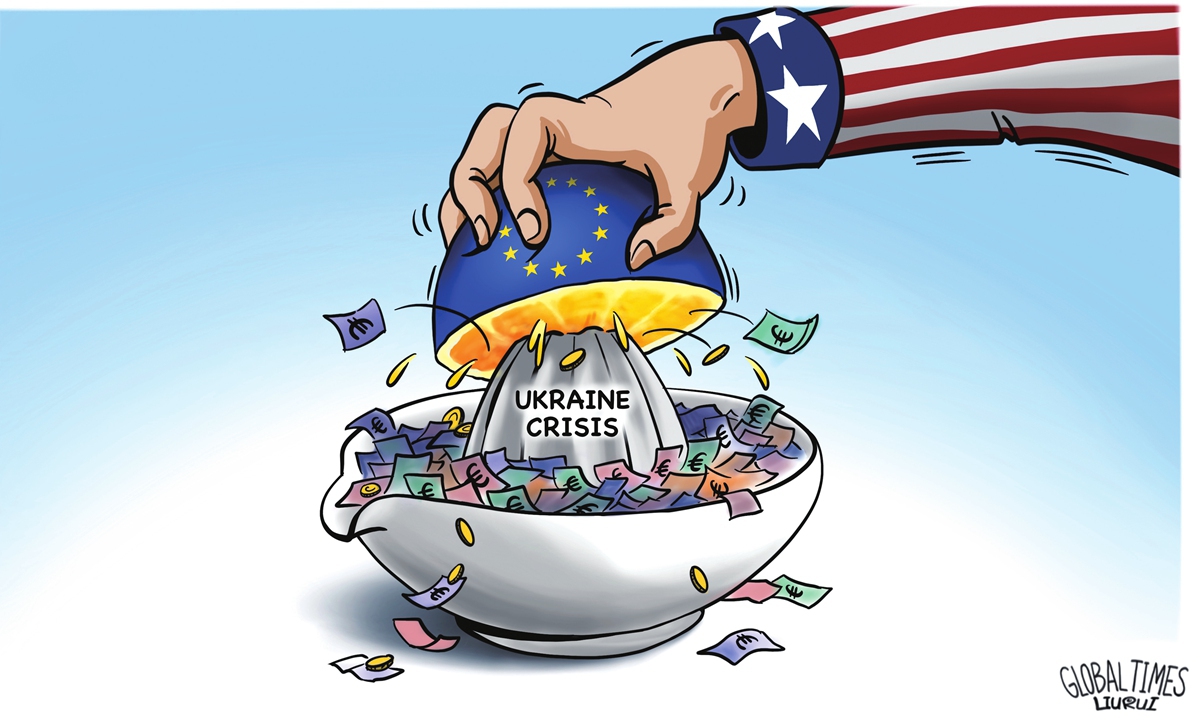
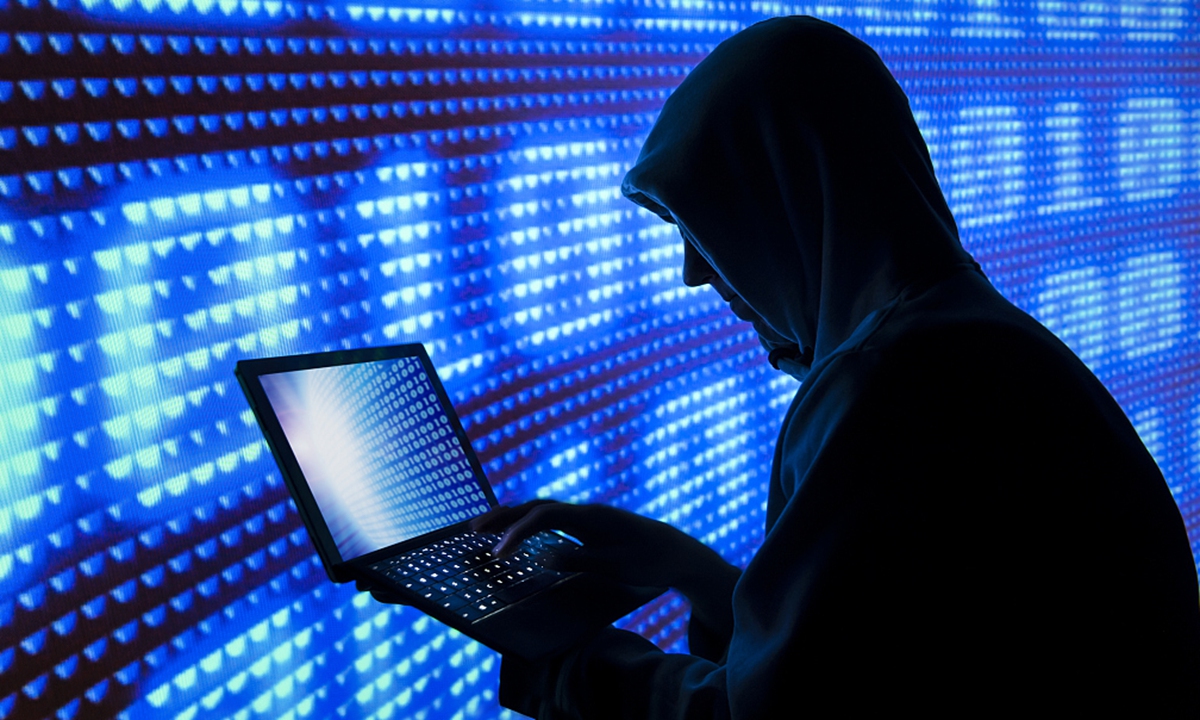




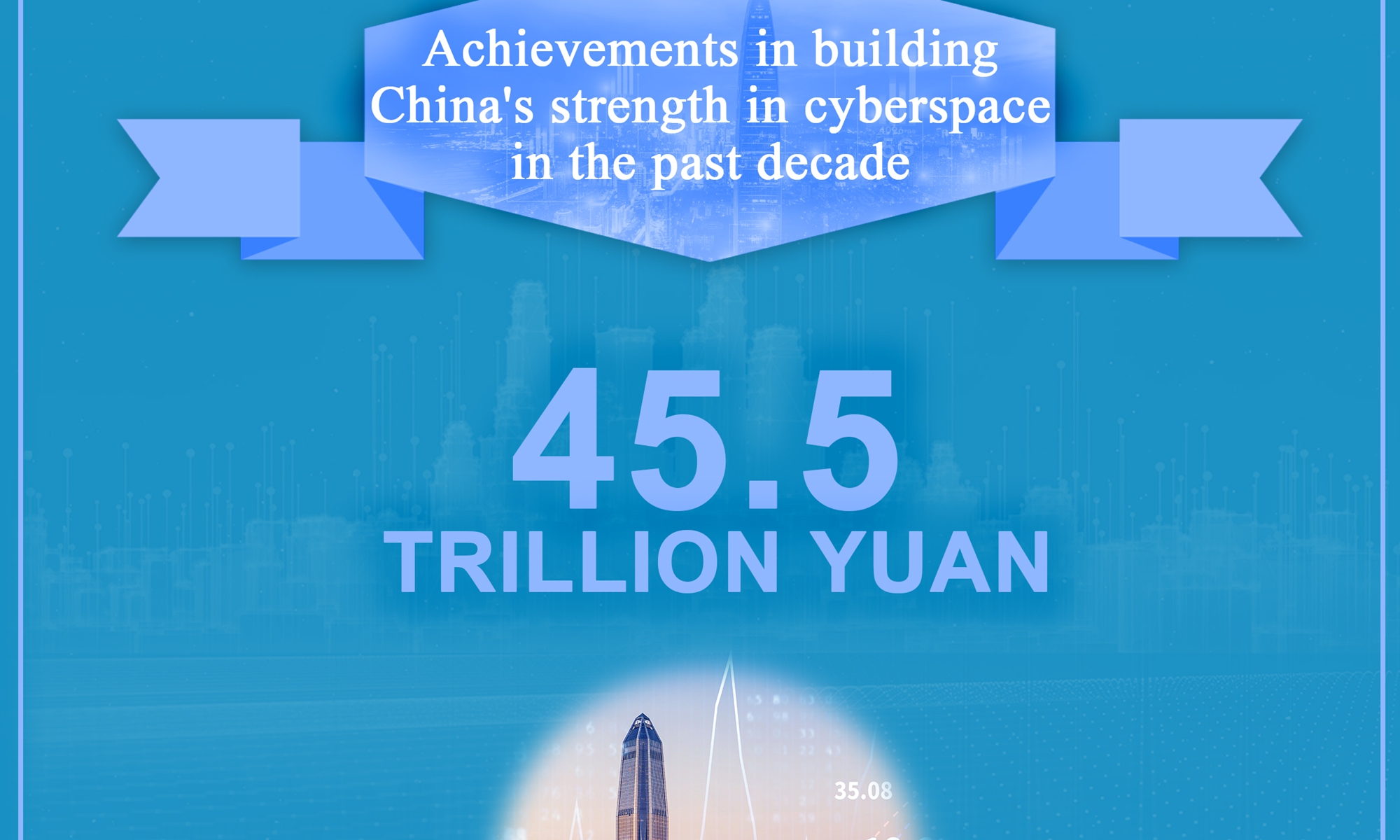
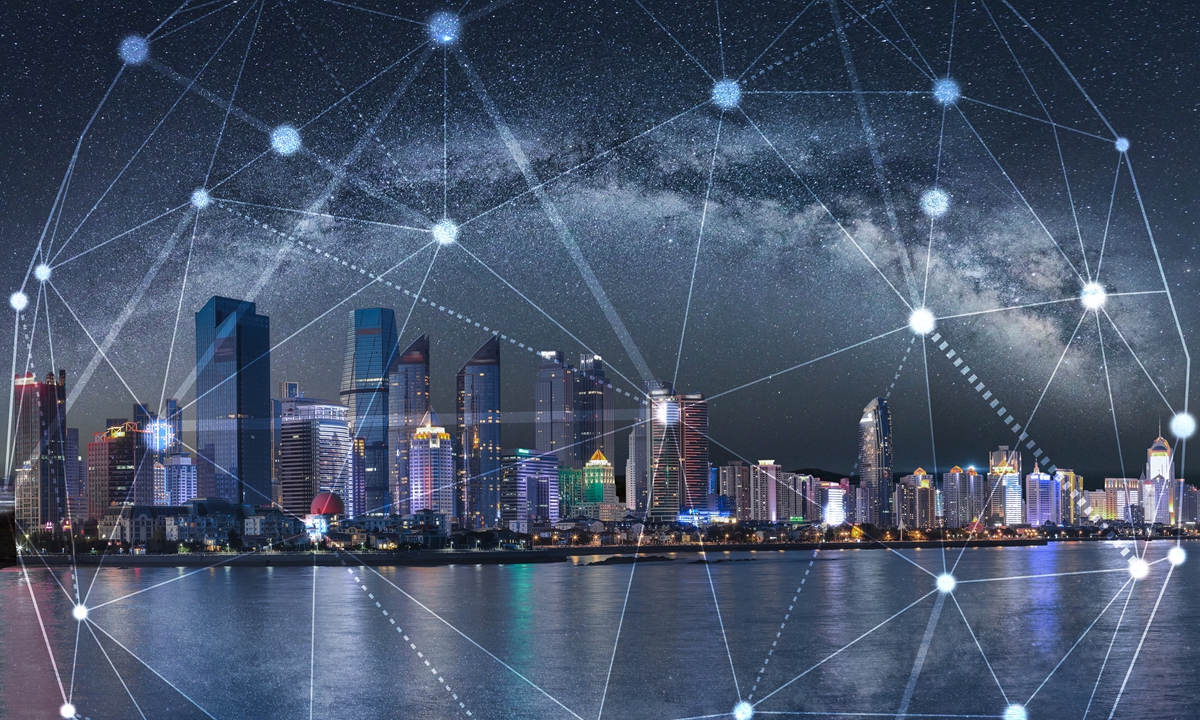






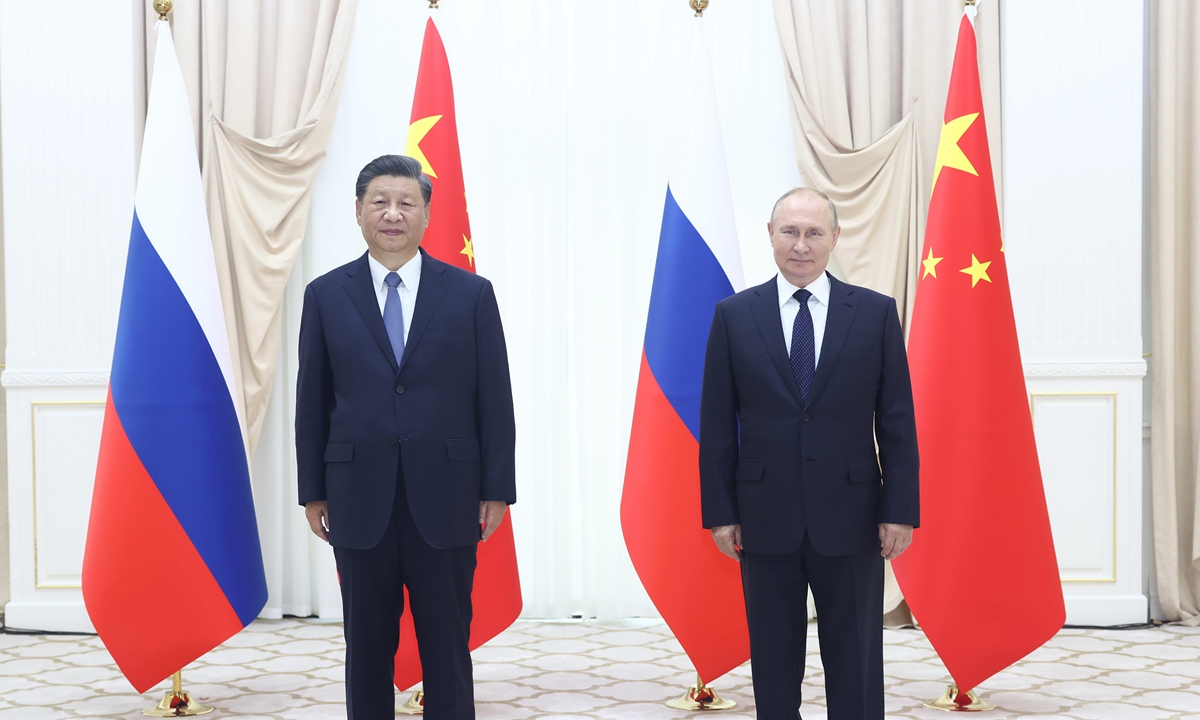


1.jpeg)
